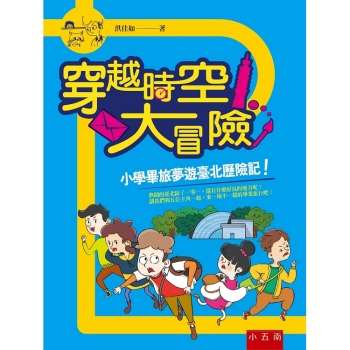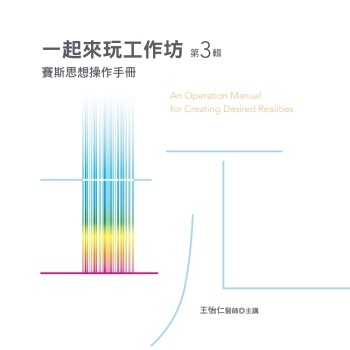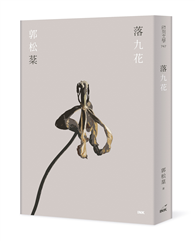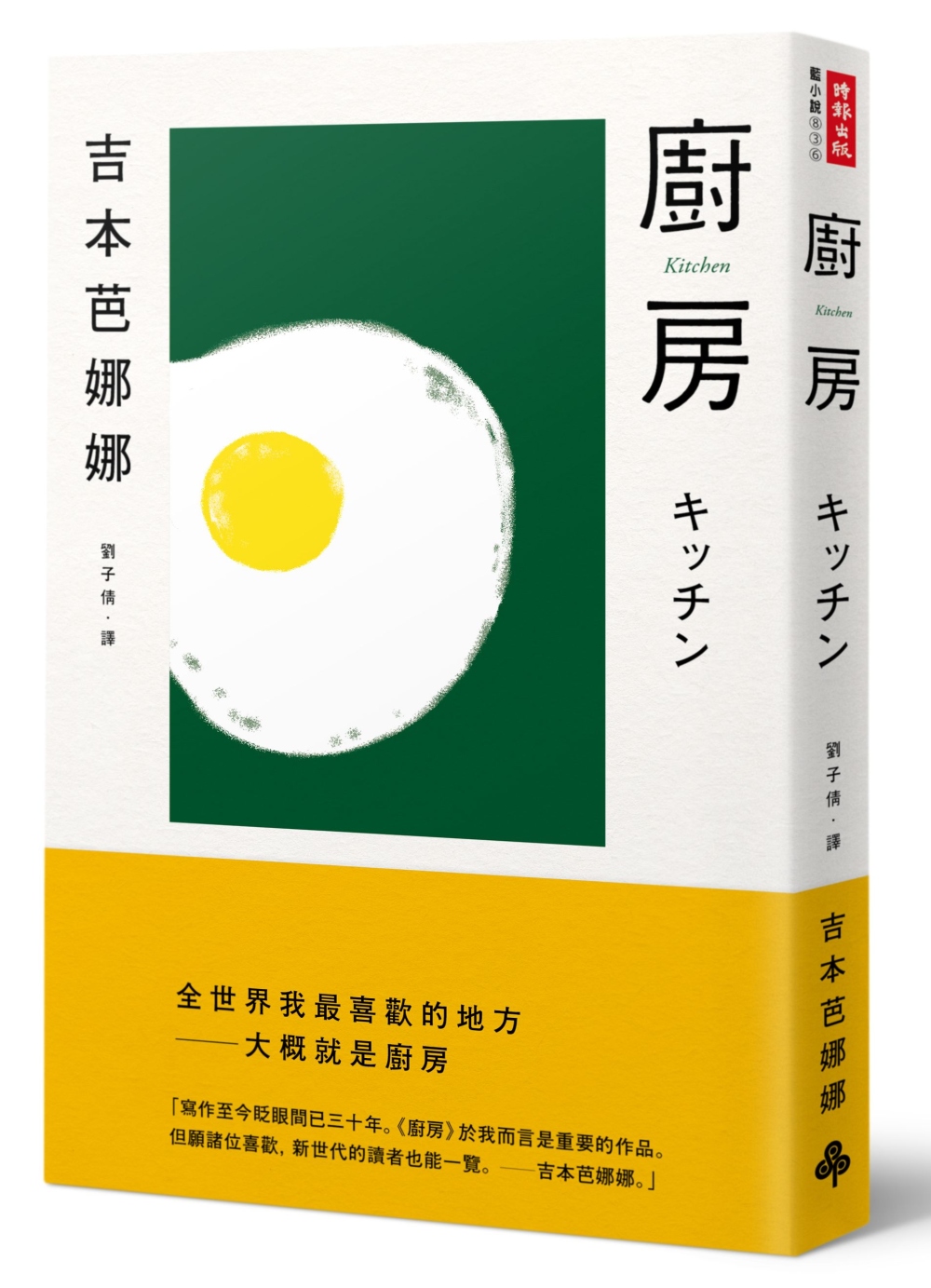Kim Stanley Robinson remains one of the most progressive writers working today. His novels and short stories have mapped cycles of capitalist violence, economic expansion, and material despoliation, in turn proposing radical visions of social and economic justice through cooperatives, collective agreements, and stewardship of the environment. But if Robinson is readily considered a political author, less attention has been paid to his craft and composition. This book examines Robinson’s concern with literary apprenticeship. In novels such as the post-apocalyptic The Wild Shore, the intergenerational star-ship narrative Aurora, and the tale of Ice Age hunters, Shaman, Robinson creates characters who struggle with and against storytelling. In these fictions, apprentices battle against the limits of their interpretative powers as they come to recognise the real pleasures, and the intense hardships, of art and narrative.
| FindBook |
有 1 項符合
Kim Stanley Robinson: Apprenticeships in Narrative的圖書 |
 |
Kim Stanley Robinson: Apprenticeships in Narrative 作者:Rowcroft 出版社:Liverpool University Press 出版日期:2024-05-28 語言:英文 規格:精裝 / 176頁 / 普通級/ 初版 |
| 圖書館借閱 |
| 國家圖書館 | 全國圖書書目資訊網 | 國立公共資訊圖書館 | 電子書服務平台 | MetaCat 跨館整合查詢 |
| 臺北市立圖書館 | 新北市立圖書館 | 基隆市公共圖書館 | 桃園市立圖書館 | 新竹縣公共圖書館 |
| 苗栗縣立圖書館 | 臺中市立圖書館 | 彰化縣公共圖書館 | 南投縣文化局 | 雲林縣公共圖書館 |
| 嘉義縣圖書館 | 臺南市立圖書館 | 高雄市立圖書館 | 屏東縣公共圖書館 | 宜蘭縣公共圖書館 |
| 花蓮縣文化局 | 臺東縣文化處 |
|
|
圖書介紹 - 資料來源:博客來 評分:
圖書名稱:Kim Stanley Robinson: Apprenticeships in Narrative
|










